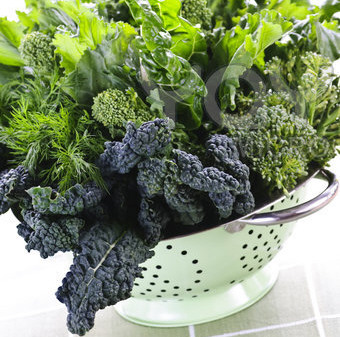|
Nutrition to Improve Your Eye Health
We are continually reminded how important our diet is when it comes to staying healthy, being told that a balanced
diet, which is low in fat, will give us the best chance of avoiding major diseases, such as heart disease and diabetes.
And, whilst the vast majority of people are aware of the importance of diet for our general health, few
realize the
same is true of our eye health.
Our vision is arguably the most valuable of our five senses just imagine a life without it.
The problem with our vision is that people tend to take it for granted, only visiting the
optometrist when they feel there is a problem.
In the same way that it is important to get your teeth checked regularly by the dentist, this is also true of your
eyes.
Regular eye tests can pick up diseases, which may otherwise go unnoticed until it reaches a point where they are
untreatable.
How can diet improve my eye health?
Most of the diseases which occur within the eyes are degenerative conditions, such as cataracts and age related
macular degeneration.
There are many factors that contribute to the onset and progression of these diseases, such as lifestyle, smoking,
age and genetics. But, your diet is also found to play a significant role.
Both macular degeneration and cataracts are diseases, which are thought to be caused by free radicals within the eye.
Free radicals are damaging molecules formed as a result of natural oxidative processes within the cells of your eyes.
Within your eyes there are two primary antioxidant pigments that help to reduce the amount of these free radicals, and
consequently maintain the health of your eyes.
The names of these two pigments are Lutein and Zeaxanthin, they are found naturally in certain fruits and
vegetables. A diet high in these antioxidants helps improve the health of eyes by reducing the amount of free radicals
in your eyes.
This is especially important for people suffering with age related macular degeneration, as there is currently no
treatment. Cataracts on the other hand can be treated very effectively by surgery.
While there is no guarantee that these antioxidants will prevent you from getting macular degeneration, the weight of
evidence suggests they will at least slow down the development of the condition.
Ophthalmologists are now recommending that people who suffer from the disease either increase certain foods in their
diets, or take supplements.
 So, which foods should I be eating more of? So, which foods should I be eating more of?
Lutein and Zeaxanthin are found in over 20 different foods. But, they are in highest concentration in the following
vegetables:
-
Kale
-
Collards
-
Spinach
-
Lettuce
-
Turnip greens
They are also found in certain fruits, such as oranges and kiwis, but only in small concentrations.
The studies carried out recommend a daily intake of around 8 mg of Lutein and Zeaxanthin, which roughly translates to
a large combined bowl of these vegetables per day.
This may not be realistic for some people, so just try to incorporate as much of these vegetables as you can into
your daily diet.
In summary, although eating these vegetable may not stop you from getting cataracts and macular degeneration, they
may well slow down the progression of these diseases.
Age related macular degeneration is currently untreatable, so anything which could potentially reduce your chances of
getting it is certainly worth following.
In a study at the
University of Texas Health Science Center, published in Current Therapeutic Research Journal in 1996, Juice Plus+ was shown to increase
levels of Lutein and Zeaxanthin by a significant 44%.
To fully understand the power of Juice Plus+ please watch this video
featuring Dr. Richard DuBois:
 |
Juice Plus+ is the most thoroughly researched
nutritional product in history, shown to:
~ be bio-available (it gets into our blood)
~ significantly increase antioxidants in your body
~ significantly reduce free radicals (oxidative stress)
~ protect and help repair DNA
~ enhance the immune system
~ improve circulation
~ improve heart health
~ improve skin health
~ improve gum health
~ reduce symptoms of the common cold
~ reduce systemic inflammation
~ improve athletic recovery and performance |
|